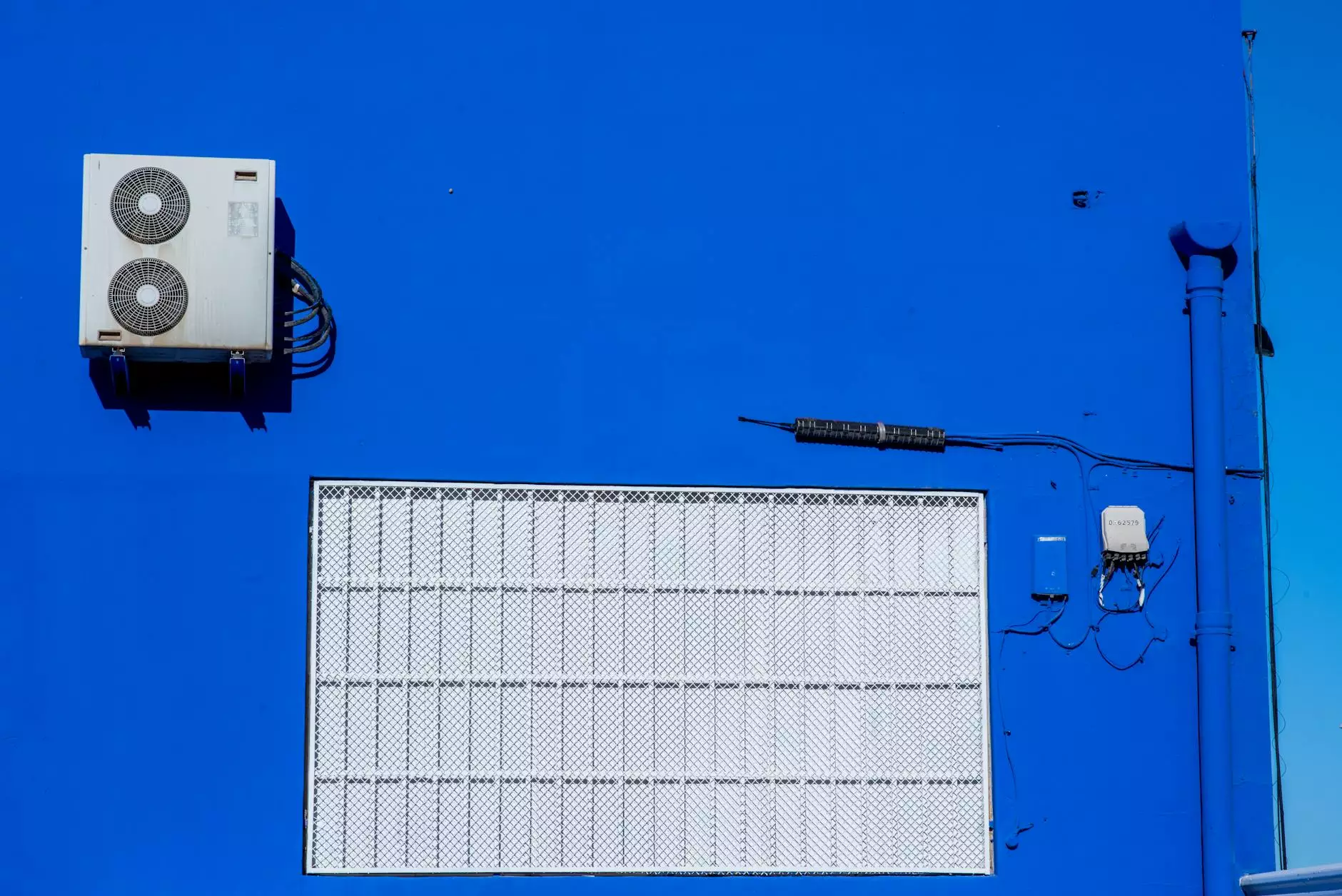Understanding Car Engine Water Pumps: A Vital Component of Diesel Engines

The car engine water pump is often overlooked when discussing vehicle maintenance and engine performance. However, this crucial component plays a significant role in ensuring the longevity and efficiency of your engine, especially in diesel machines. Whether you're a mechanic, a car enthusiast, or simply a vehicle owner, understanding the importance of the water pump can help you maintain your vehicle better. In this comprehensive guide, we'll delve deep into the functionality, types, selection, and maintenance of car engine water pumps.
What is a Car Engine Water Pump?
The car engine water pump is a mechanical device that circulates coolant throughout the engine and radiator. Its primary function is to maintain optimal engine temperature by moving coolant through the engine block, radiator, and heater core. Let's look at how it operates:
How Does the Water Pump Work?
The operation of a car engine water pump is relatively straightforward. Here’s a brief overview:
- The water pump is typically driven by the engine's crankshaft via a belt or chain.
- When the engine heats up, the thermostat opens, allowing coolant from the engine block to flow into the pump.
- The pump then forces the coolant into the radiator for cooling.
- Cooling allows the coolant to lower in temperature and then returns it back to the engine to repeat the cycle.
Importance of the Car Engine Water Pump
The importance of a car engine water pump cannot be overstated. Here are some key points that highlight its necessity:
- Prevention of Overheating: An efficient water pump ensures that coolant circulates effectively, preventing the engine from overheating.
- Maintaining Performance: An overheated engine can lead to performance issues. A well-functioning water pump aids in maintaining engine power.
- Longer Engine Life: Keeping the engine at optimal temperatures can extend the lifespan of engine components.
- Fuel Efficiency: An efficient cooling system helps in optimizing fuel consumption.
Types of Car Engine Water Pumps
1. Mechanical Water Pumps
Mechanical water pumps are typically belt-driven and rely on the engine's motion. They are commonly found in older vehicles but are still prevalent in many diesel engines due to their reliability and power.
2. Electric Water Pumps
Electric water pumps are becoming increasingly popular, especially in modern vehicles. They operate independently of the engine and can provide more efficient cooling under various driving conditions.
3. High-Pressure Water Pumps
These pumps are used in high-performance vehicles and applications, ensuring that coolant is circulated at higher pressures, crucial for maintaining temperature in demanding conditions.
Choosing the Right Car Engine Water Pump
Selecting the correct car engine water pump is essential to maintain the health of your vehicle. Here are some factors to consider:
1. Compatibility
Ensure that the water pump you choose is compatible with your engine model. Check the part numbers in your vehicle’s manual or consult with spare parts suppliers.
2. Material Quality
The material of the water pump affects its durability. Look for pumps made of quality materials; aluminum and cast iron are commonly used due to their resilience.
3. Warranty and Support
Always opt for water pumps that come with a warranty. This reflects the manufacturer’s confidence in their product. Suppliers like client-diesel.com provide reliable warranties and support services.
Signs of a Failing Car Engine Water Pump
Recognizing the signs of a failing water pump can save you from catastrophic engine damage. Keep an eye out for:
- Overheating Engines: If your engine tends to overheat frequently, this could be a sign of a malfunctioning water pump.
- Fluid Leaks: Check for any coolant leaks around the water pump area. A leak is a clear indication that the pump is failing.
- Unusual Noises: Any strange sounds coming from the engine compartment could be a warning sign of a failing pump bearing.
- Dashboard Warnings: Pay attention to warning lights that indicate temperature or coolant issues.
Maintenance Tips for Your Water Pump
Regular maintenance can help prolong the life of your water pump. Here are some tips:
1. Regularly Check Coolant Levels
Keep a close eye on your vehicle's coolant levels. Low coolant levels can lead to overheating and damage the water pump.
2. Inspect for Leaks
Regularly inspect the water pump and surrounding areas for any signs of leaks. Early detection can prevent larger issues.
3. Periodic Replacement
Consider replacing the water pump every 60,000 to 100,000 miles, depending on your vehicle and the recommendations of your mechanic.
Conclusion
The car engine water pump is more than just a component; it is a critical part of your vehicle’s overall health. When selecting a water pump, particularly for diesel engines, ensure you’re sourcing it from reputable suppliers like client-diesel.com. By understanding the function, importance, and maintenance of your water pump, you can ensure that your vehicle remains in peak condition. Regular checks and timely replacements will help you avoid costly repairs and keep your engine running smoothly for years to come.
FAQs
1. How often should I check my water pump?
It's advisable to check your water pump whenever you perform regular maintenance, such as oil changes or coolant flushes.
2. Can I replace the water pump myself?
Yes, if you have mechanical knowledge and the right tools, replacing a water pump can be a manageable task. However, if you're unsure, it’s best to consult a professional mechanic.
3. What is the average lifespan of a water pump?
A typical water pump lasts about 60,000 to 100,000 miles, depending on your vehicle and maintenance practices.
4. Are aftermarket water pumps reliable?
Aftermarket water pumps can be reliable if sourced from reputable suppliers. Ensure that they meet or exceed OEM specifications.
5. What's the cost of replacing a car engine water pump?
The cost can vary by vehicle, but typically ranges between $300 to $750, including parts and labor.









